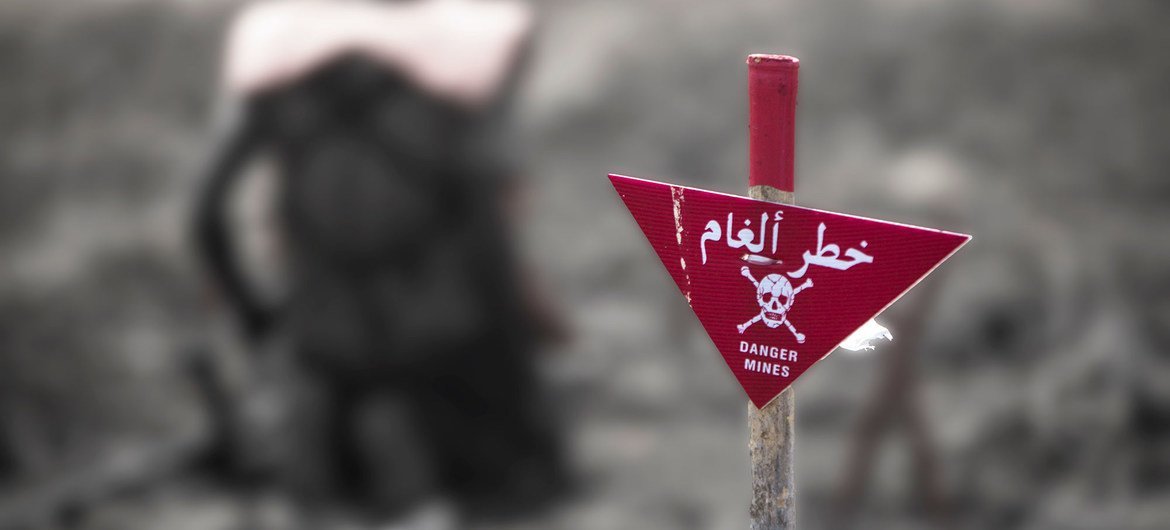United Nations - António Guterres, in a speech to ministers and ambassadors, warned that the rapid development of artificial intelligence is outpacing humanity's ability to manage it, raising important questions about accountability, equity, security and human oversight of decision-making.
"Every moment of delay in creating international backstops increases the risk for all of us," Guterres said.
"No country should design, develop, deploy or use military applications of artificial intelligence in armed conflicts that violate international humanitarian and human rights laws. This includes relying on AI to autonomously select or engage targets."
He also stressed that geopolitical competition for new technologies must not destabilise international peace and security.
Double-edged weapon
In his speech, Guterres stressed the ambiguity of artificial intelligence and highlighted its potential to predict displacement caused by climate change or detect landmines. However, its integration into military systems and its misuse in the field of digital security pose a major risk.
"Recent conflicts have become a proving ground for military applications of artificial intelligence," he said, referring to the use of AI in autonomous surveillance, predictive policing and even reported life and death decisions.
He stressed that of particular concern is the potential integration of AI with nuclear weapons and the emergence of quantum AI systems that could destabilise global security.
"The fate of humanity must never be left to the 'black box' of an algorithm," he said, stressing the importance of human control over decisions involving the use of force.
Breach of trust
Another area of concern is the role of AI in the information sector, Guterres said, pointing out how deepfakes and disinformation generated by AI can manipulate public opinion, trigger crises and undermine trust in society.
He also highlighted the environmental risks of AI and emphasized the resource intensity of data centers and the geopolitical competition for critical minerals needed for AI technologies.
"Unprecedented global challenges require unprecedented global cooperation," he said, calling for a concerted effort to ensure that AI benefits everyone and does not exacerbate inequalities.
Call for a global framework
Guterres outlined recent steps to create global governance for AI, including the adoption of the UN Global Digital Compact at the Future Summit and two key General Assembly resolutions on strengthening global cooperation and capacity building.
A third resolution - focusing on AI in the military domain - is due to be discussed by the General Assembly in the coming days.
At the end of his speech, Guterres reiterated his call for a ban on lethal autonomous weapons and called on the Security Council to set an example and prevent the militarisation of AI in a way that destabilises international peace and security.
"I urge you all to join forces and build a safe and inclusive future for AI."
news.un.org / gnews.cz-jav



